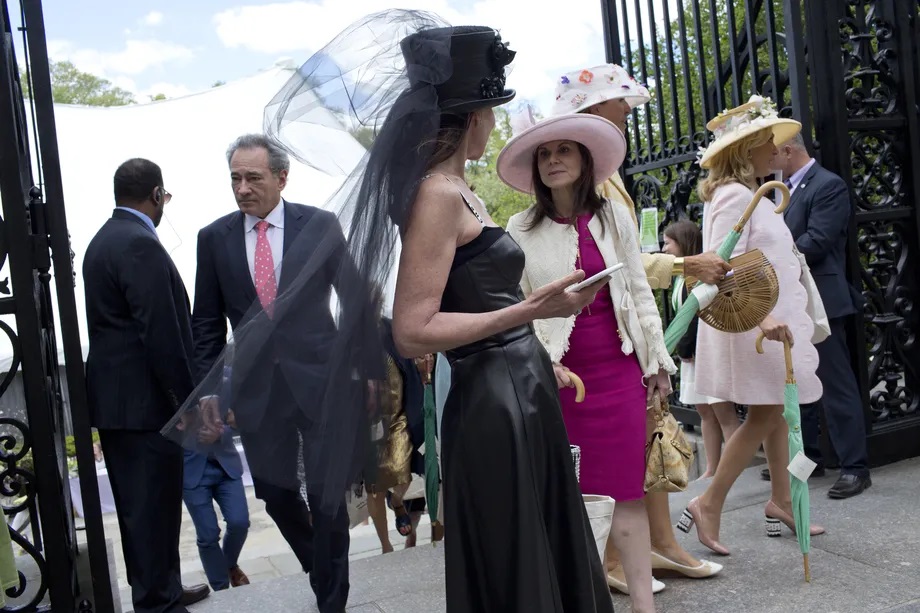Dylan Matthews at Vox has the best explanation I’ve seen yet on the technical dispute among economists about inequality – mainly focused on whether the rich have gotten richer over the past 60 years. This is the PSZ versus A-S debate we have described before:
Piketty, Saez, and Zucman estimate that the top 1 percent earned 9.1 percent of national income in 1960, rising dramatically to 15.1 percent by 2019. Auten and Splinter, by contrast, show a very small increase: 8.1 percent in 1960 to 8.8 in 2019. The share is now actually lower, they find, than it was in the mid-1960s.
Auten and Splinter reach similar conclusions about the top 10 and top 0.1 percent: per their estimates, the latter grew from 29.2 to 29.7 percent from 1960 to 2019, the latter from 2.5 to 3 percent….
The most comprehensive measure of inequality is something called the Gini coefficient, which attempts to summarize the whole scale of inequality across the income spectrum, not just at the very top. An increase in the coefficient means that inequality has risen….
Auten and Splinter estimate that … after taxes and transfer programs, the increases are 10 percent since 1962 and 16 percent since 1979…. The increase is real and significant.
So, if the rich aren’t getting richer, what is causing the increase in inequality? It is obviously happening somewhere else in the income distribution. In his book: Coming Apart: The State of White America, 1960–2010, Charles Murry argued that the upper middle and lower middle classes are having very different economic outcomes—all related to lifestyle choices. Murray chose to restrict his analysis to white Americans because he wanted to show that “coming apart” was independent of race.
He argues that class strain has cleaved white Americans into two distinct, highly segregated strata: “an upper class, defined by educational attainment, church attendance, a skilled /work culture and a new lower class, characterized by the lack of it. Murray also posits that the new [white] ‘lower class’ is less industrious, less likely to marry and raise children in a two-parent household, and more politically, and socially disengaged.”
One implication: taking from the very rich and giving to the very poor will do little to stem the main causes of inequality in American society.

0 Comments
Trackbacks/Pingbacks